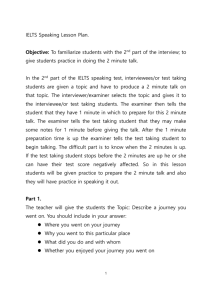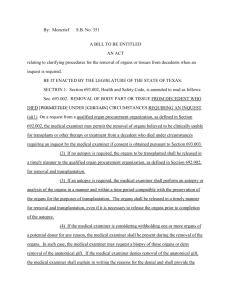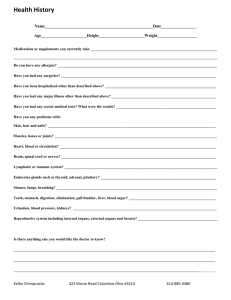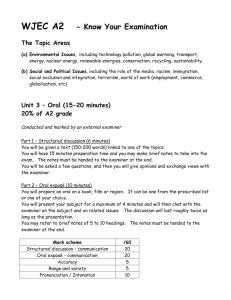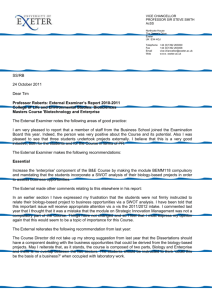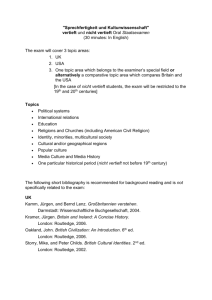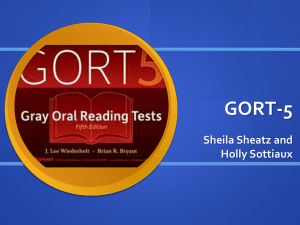By: Moncrief S.B. No. 351 A BILL TO BE ENTITLED AN ACT relating
advertisement
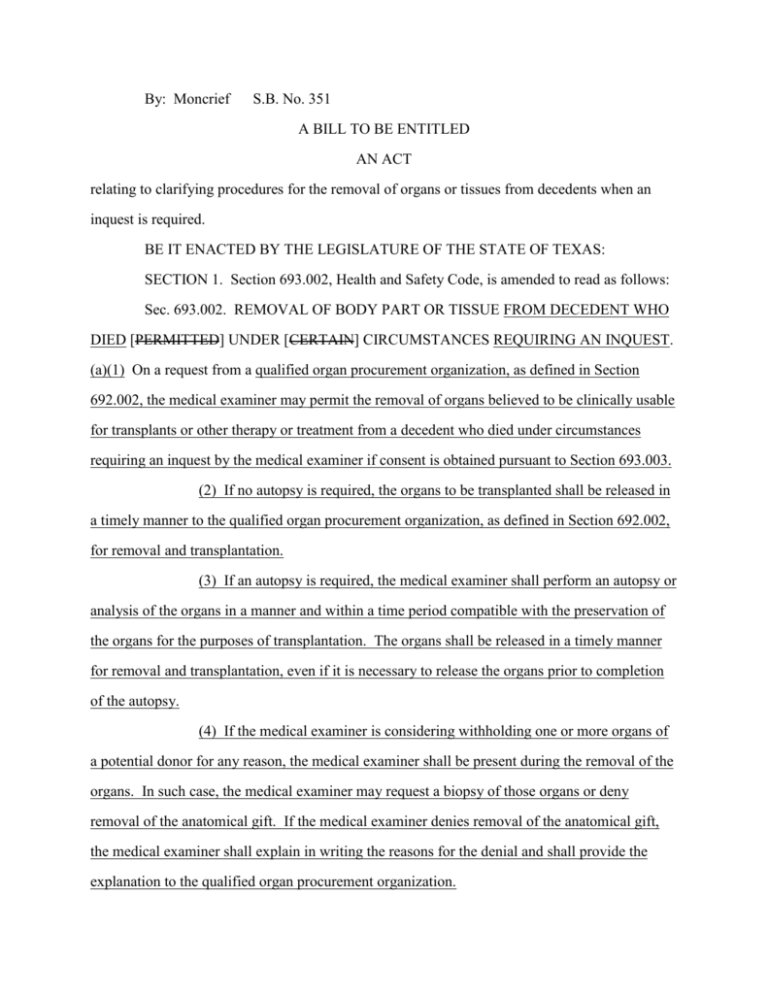
By: Moncrief S.B. No. 351 A BILL TO BE ENTITLED AN ACT relating to clarifying procedures for the removal of organs or tissues from decedents when an inquest is required. BE IT ENACTED BY THE LEGISLATURE OF THE STATE OF TEXAS: SECTION 1. Section 693.002, Health and Safety Code, is amended to read as follows: Sec. 693.002. REMOVAL OF BODY PART OR TISSUE FROM DECEDENT WHO DIED [PERMITTED] UNDER [CERTAIN] CIRCUMSTANCES REQUIRING AN INQUEST. (a)(1) On a request from a qualified organ procurement organization, as defined in Section 692.002, the medical examiner may permit the removal of organs believed to be clinically usable for transplants or other therapy or treatment from a decedent who died under circumstances requiring an inquest by the medical examiner if consent is obtained pursuant to Section 693.003. (2) If no autopsy is required, the organs to be transplanted shall be released in a timely manner to the qualified organ procurement organization, as defined in Section 692.002, for removal and transplantation. (3) If an autopsy is required, the medical examiner shall perform an autopsy or analysis of the organs in a manner and within a time period compatible with the preservation of the organs for the purposes of transplantation. The organs shall be released in a timely manner for removal and transplantation, even if it is necessary to release the organs prior to completion of the autopsy. (4) If the medical examiner is considering withholding one or more organs of a potential donor for any reason, the medical examiner shall be present during the removal of the organs. In such case, the medical examiner may request a biopsy of those organs or deny removal of the anatomical gift. If the medical examiner denies removal of the anatomical gift, the medical examiner shall explain in writing the reasons for the denial and shall provide the explanation to the qualified organ procurement organization. (5) If, in performing the duties required by this subsection, the medical examiner is required to be present at the hospital to examine the decedent prior to removal of the organs or during the procedure to remove the organs, the qualified organ procurement organization shall on request reimburse the county or the entity designated by the county for the actual costs incurred in performing such duties, not to exceed $1,000. The payment shall be applied to the additional costs incurred by the medical examiner's office in performing such duties, including the cost of providing coverage beyond the regular business hours of the medical examiner's office. The payment shall be used to facilitate the timely procurement of organs in a manner consistent with the preservation of the organs for the purposes of transplantation. (6) At the medical examiner's request, the health care professional removing organs from a decedent who died under circumstances requiring an inquest shall file with the medical examiner a report detailing the condition of the organs removed and their relationship, if any, to the cause of death. The report shall become part of the medical examiner's report. (b) On a request from a qualified tissue procurement organization, as defined in Section 692.002, the medical examiner may permit the removal of tissue believed to be clinically usable for transplants or other therapy or treatment from a decedent who died under circumstances requiring an inquest by the medical examiner if consent is obtained pursuant to Section 693.003. [Texas nonprofit medical facility that performs organ transplants or a nonprofit organization or corporation that procures organs or tissues for transplantation, the medical examiner may permit the removal of eyes, heart, skin, bone, liver, kidney, or pancreas and other tissue proven to be clinically usable for transplants or other therapy or treatment if: [(1) the decedant from whom the body part or tissue is to be removed died under circumstances requiring an inquest by the medical examiner; [(2) consent is given as required by Section 693.003 or, if consent is not required by that section, no objection by a person listed in Section 693.004 is known by the medical examiner; and [(3) the removal of the body part or tissue will not interfere with the subsequent course of an investigation or autopsy.] SECTION 2. The importance of this legislation and the crowded condition of the calendars in both houses create an emergency and an imperative public necessity that the constitutional rule requiring bills to be read on three several days in each house be suspended, and this rule is hereby suspended, and that this Act take effect and be in force from and after its passage, and it is so enacted.
